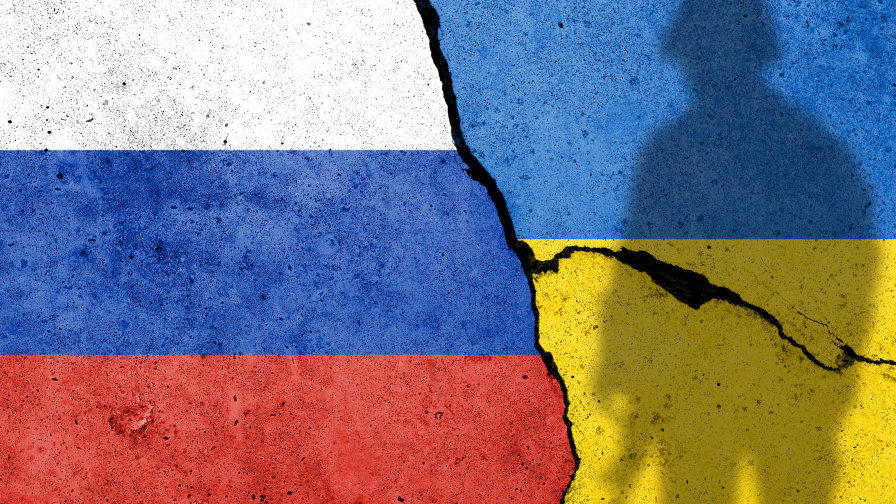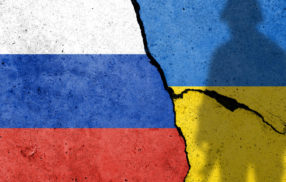
UVA Darden Professor on the Global Financial Impact of the War in Ukraine
As the war in Ukraine enters its second month and coordinated sanctions against Russia continue to ripple through the global economy, University of Virginia Darden School of Business Professor Yiorgos Allayannis recently surveyed the landscape and considered some potential paths forward.

Darden Professor Yiorgos Allayannis
Writing on the UVA Miller Center blog, Allayannis considered the “unprecedented” scale and scope of the sanctions, which he noted were being levied against a country with far greater global economic integration than sanctioned nations such as North Korea or Cuba. While the sanctions are not ironclad, and some nations have been unable to wean themselves from Russian energy, total European embargo on Russian oil “would likely devastate the Russian economy.”
Allayannis further considered the global divestment from the Russian economy, the curious case of the resilient ruble and why sanctions may not be enough to end the war. He also looked ahead to the continued global economic fallout of the war.
If, and as, the war continues, it will likely unleash considerable economic and social instability across the globe. Besides oil and gas, Russia and Ukraine are major exporters of fertilizer, wheat, and barley.
Fertilizer is critical in the production of basic foodstuffs, and any disruption in this market can have devastating effects on food security, particularly in the developing world. Similarly, disruptions in wheat and barley markets can cause widespread social unrest. As an example, in Sri Lanka, skyrocketing bread prices have produced violent protests and clashes between citizens and government forces.
In this global world, there is potential for severe economic consequences of a war that involves a major producer of oil and gas, fertilizer, wheat, and barley, not to mention a nuclear power. The full extent of the war’s economic impact might not be known for some time. However, even though Western sanctions will undoubtedly weaken the Russian economy and unleash global volatility, they will likely not change the outcome.
Read the full article on the Miller Center web site. Allayannis recently participated in a panel discussion on global financial risks featuring a number of experts, including Darden Professors Bob Bruner and lecturer Scott Miller.
Watch the full presentation below.
The University of Virginia Darden School of Business prepares responsible global leaders through unparalleled transformational learning experiences. Darden’s graduate degree programs (MBA, MSBA and Ph.D.) and Executive Education & Lifelong Learning programs offered by the Darden School Foundation set the stage for a lifetime of career advancement and impact. Darden’s top-ranked faculty, renowned for teaching excellence, inspires and shapes modern business leadership worldwide through research, thought leadership and business publishing. Darden has Grounds in Charlottesville, Virginia, and the Washington, D.C., area and a global community that includes 18,000 alumni in 90 countries. Darden was established in 1955 at the University of Virginia, a top public university founded by Thomas Jefferson in 1819 in Charlottesville, Virginia.
Press Contact
Molly Mitchell
Senior Associate Director, Editorial and Media Relations
Darden School of Business
University of Virginia
MitchellM@darden.virginia.edu





